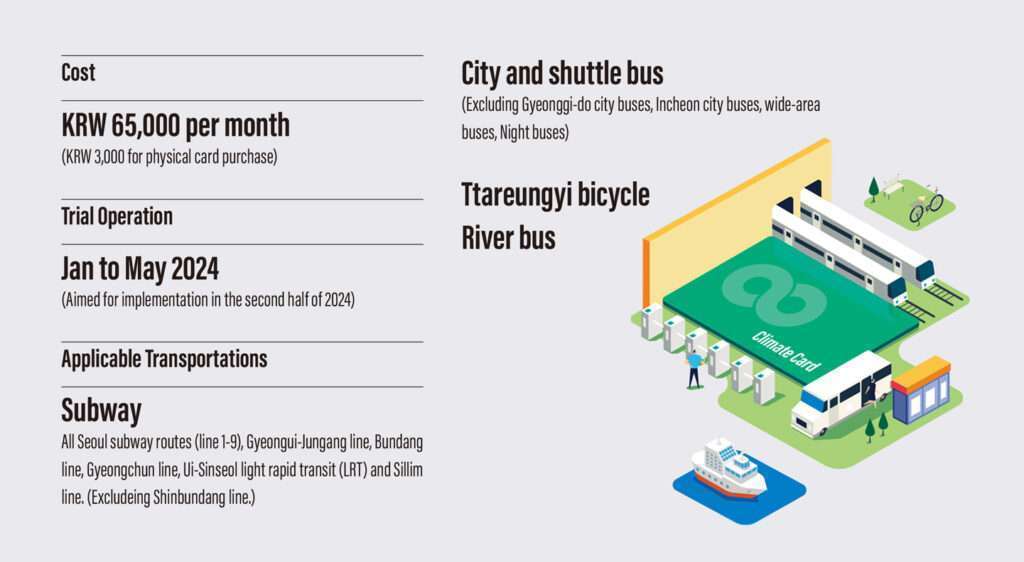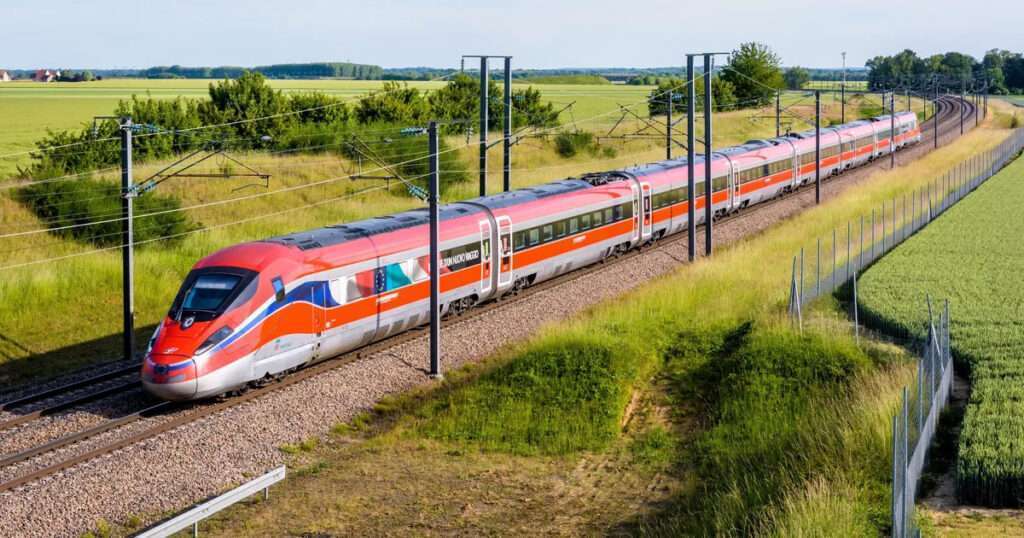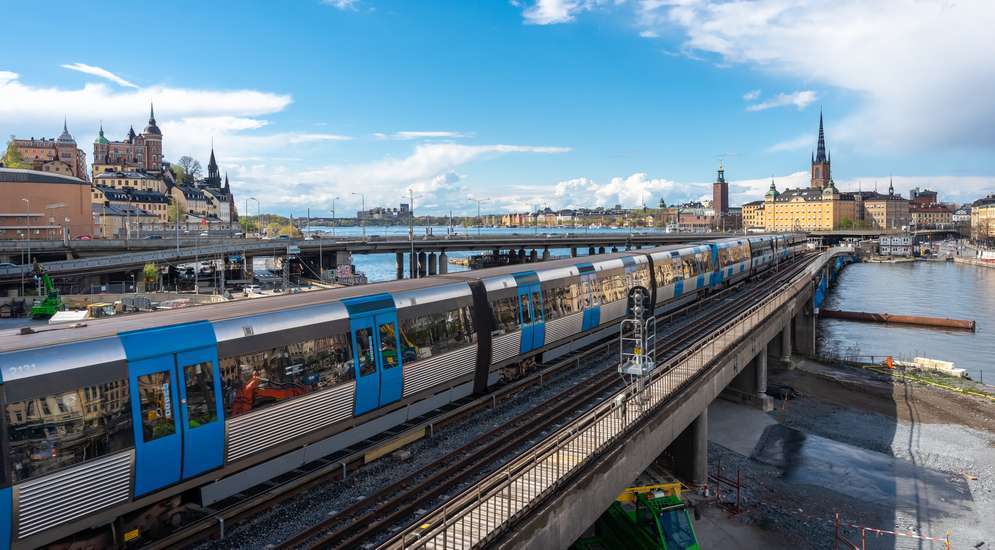Seoul is set to revolutionize the way its citizens get around with the upcoming launch of the “Climate Card”. An ambitious initiative offering unlimited access to public transport. Inspired by the Deutschlandticket in Germany and the Rail Pass in France… Scheduled for launch on January 27, this monthly card promises to simplify citizens’ lives, while significantly reducing carbon emissions. Find out all the details about this novelty, which is sure to appeal to many…
The Carte Climat, an innovative multimodal transport pass
This new card, designed to replace the traditional season ticket, is much more than a simple transport card. It embodies a bold vision by local authorities, encouraging citizens to make decisions that have a positive impact on the environment. From January 2024, for just 62,000 won/month (around 43 euros), Climate Card holders will have unlimited access to almost all of Seoul’s public transport network. Subways, buses, trains and soon other modes of transport for unrivalled freedom of movement.
A map to suit all needs for a smooth, hassle-free experience
Available in mobile and physical versions, this rechargeable Climate Card will also enable use of the city’s shared bikes from the Ddareungi company. For this, users will have to pay 65,000 won ($49.75). The bike is an invaluable ally for getting to your destination quickly after taking the subway or bus… This card thus becomes a complete mobility solution, eliminating the traditional barriers of the last mile. Discussions are also underway to extend the card to river shuttles on the Han River.
Those who don’t use ‘Ddareungi’, Seoul’s public bicycles, can use the 62,000 won ticket, while those who use Ttareungi can use the 65,000 won ticket,” explained the city official. Ttareungi use increases especially in spring and autumn. It is therefore preferable to choose the 65,000-won ticket in spring and autumn, and the 62,000-won ticket in summer and winter.
HEAD OF THE SEOUL METROPOLITAN GOVERNMENT

A gradual launch for widespread adoption
Originally scheduled for January 1ᵉʳ, the launch has been pushed back to include subway lines operated by KORAIL. From now on, the Climate Card will cover lines 1 to 9 of the Seoul metro and other lines. This will cover 20% of the total network. However, express buses with a different fare system, those authorized in cities outside Seoul and night buses are excluded for the time being.
The fare system for night buses is different, at 2,150 won, and therefore not included. However, efforts are being made to include it in the pilot project.
YOON JONG-JANG, HEAD OF THE SEOUL CITY TRANSPORT OFFICE
In addition, agreements with the cities of Incheon and Gimpo demonstrate our ambition to make this service available to the whole of the Seoul region. Thus, from January 23, 2024, the Climate Map will be available for purchase in digital and/or physical versions. Android users will be able to use the MaaS app : Tmoney, while iOS users will need to purchase a physical card. These cards will be available for purchase at metro stations. However, in an effort to be more inclusive, initiatives are underway to make them available in Seoul’s convenience stores, offering increased accessibility for all citizens. The Climate Card will be valid for 30 days from the first day of use.
With the Climate Card, we will continue to improve our systems and services to offer transportation benefits to all citizens of Seoul and the Seoul metropolitan area.
OH SE-HOON, MAYOR OF SEOUL
Return to pre-Covid transport use with the Climate Card
In an effort of persuasion, the authorities are seeking to encourage Seoul’s residents to switch from cars to public transport. By 2019, over 65% of trips were made by bus, train or subway. However, the pandemic has turned these habits upside down… With the arrival of Covid, confidence in public transport has waned, leading to a massive return to the car for daily travel. Public transport, which had once captured 61% of trips in 2020, has seen this figure drop to 53% in 2021. The aim behind the card is to take the equivalent of 13,000 cars off the road each year. In this way, the Climate Card could lead to a significant reduction in CO2 emissions, estimated at around 32,000 tonnes. Let’s continue to follow closely the future developments of this Climate Card, which could well revolutionize urban mobility in Seoul…





